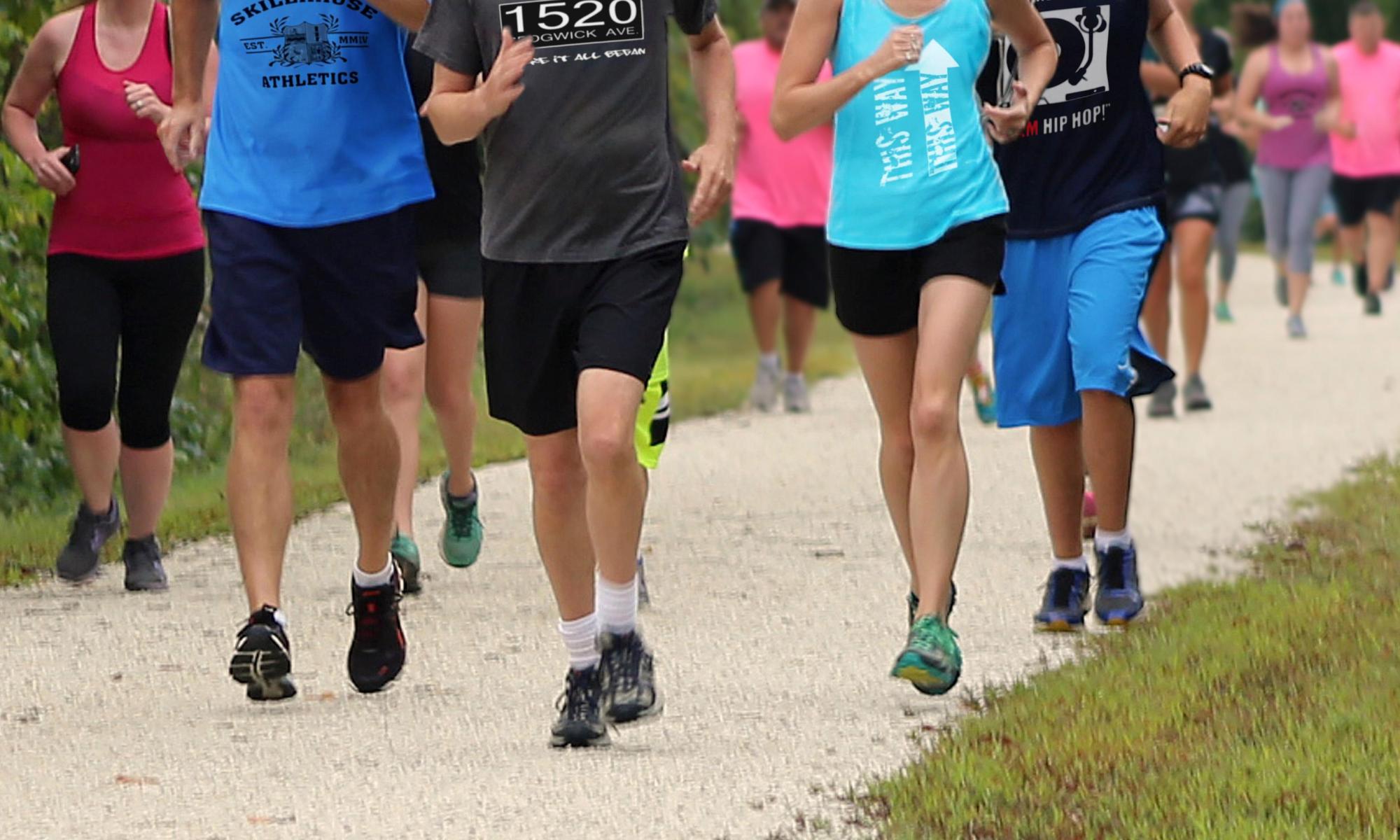We’ve all seen those doula stats. You know the ones. People who have a doula tend to have:
- Shorter labors
- Fewer requests for pain meds
- A better postpartum experience
- More birth satisfaction AND
- A heck of a good time*
* Ok, so I made this one up. But here is a link to a reference for these amazing doula stats
Some have written about how the presence of a doula helps contractions hurt less. I’ve never really looked too deeply into this. I’ve just trusted that it is true. I’m not quite sure how someone can measure this. Maybe I can take a poll among my clients:
- How would you rate your contractions before I arrived on a scale from 1 being “barely noticeable” to 10 being “pretty sure I am dying!”?
- How were you feeling during that phone call when your partner told me, “Please come now. Can you fly?”
- How did your contractions feel when I entered your birth space? Worse? Better?
I have a running joke with my clients. I let them know that I bring contractions with me when I arrive at their birth place. I’ve noticed that when I enter the room, the strength and frequency of contractions seem to increase along with my client’s ability to cope. Interesting.
But anyway, I came across this cool article about how adopting a Japanese running mindset can make you a faster and happier runner. The very first tip was, “Make it a group effort.” This section encouraged runners to join a running club to make running less of a drag and included a link to this really cool study about how training in a group can increase your endorphins and nearly double your pain threshold as opposed to training alone. Whaaaaat? It made me wonder if this could apply to labor as well.
The study investigated a college rowing team and how their synchronized rowing movements increased their pain threshold by nearly double than when they were alone. This made me think about how doulas often synchronize with their clients during labor. Almost without realize it, I often find myself making some of the same movements as my clients. For example, I will sway with clients, walk with clients, demonstrate hip circles with clients, and squat with clients.
Doulas often try to be in sync with their clients in other ways as well. We try to match their mood. If they feel like laughing, we are there to help lighten the mood. If they are ready to be serious, we sense it, and do our best to match it. We feel what the birth space is telling us and honor it. Many doulas say that they try to be in tune with their clients. (In music, being in tune means precisely matching soundwaves with fellow musicians.) Doulas try to match mental and emotional wavelengths with their clients. Doulas strive to be intuitive. Seems like in this case, intuition could mean having the ability to sense how to be synchronized with another person.
Doulas are not necessarily better support people than partners, family members, friends, or nurses (although there is evidence that supports that they might be, maybe?). Doulas just have a lot more practice with the rhythm of birth. We have more experience synchronizing with various personalities and various labor patterns.
The article also mentioned the sense of euphoria people experience when doing activities with others- making music, laughing, and dancing were cited as examples. There are all tools that can be used in labor, by the way.
This may explain why I can shave a minute or more per mile off my running time when I participate in a race although my perceived effort is the same as usual. Or why running at the park with other runners is so much better than running the block all by myself during the wee hours of the morning. Food for thought!
What do you think? Does this seem to offer an explanation as to why having a doula seems to help people have a less painful birth? What other reasons have you seen?


This is such an interesting way to look at those statistics! Even for a planned c-section, the difference between having a doula and not is spectacular. When my twins were born, I had to stop laughing for the spinal placement, ha!
LikeLike